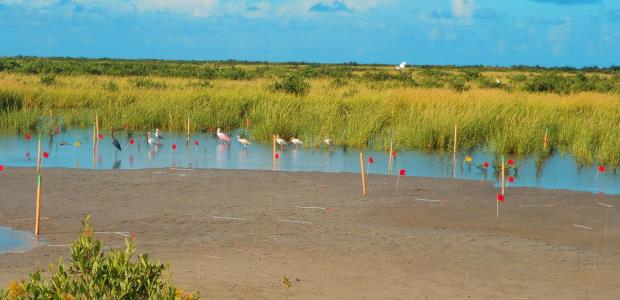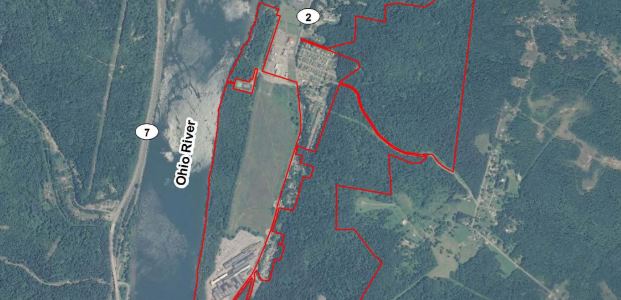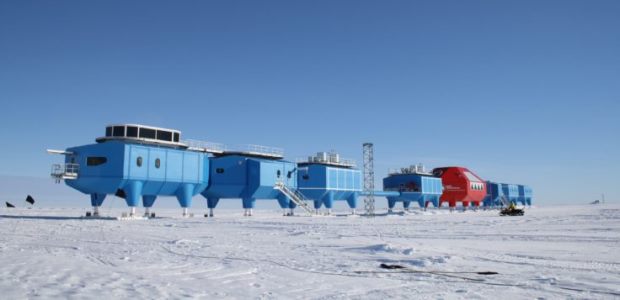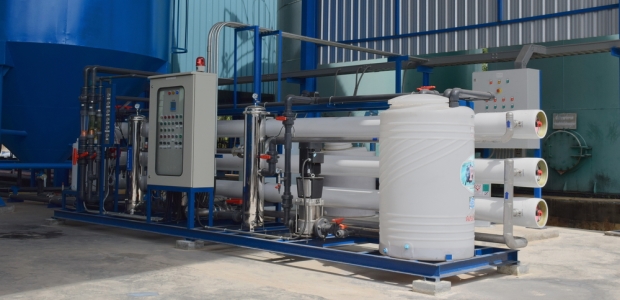
The proposal would designate the river, as well as its tributaries and associated wetlands, as Outstanding Resource Waters under Oregon's antidegradation regulations under the federal Clean Water Act. This would be the first such protection for a water body in Oregon.
The U.S. Senate voted 54-45 on Feb. 2 to kill it via the Congressional Review Act, a measure dating to 1996 that allows Congress to vote to eliminate a recently enacted federal regulation. In this case, the rule requires coal companies to clean up waste from mountaintop removal mining and prevent it from going into local waterways.

Military bases are among the most toxic sites in the United States.
The proposed rule reduces annual fees by 7.3 percent from last year for operating reactors, by 16.1 percent for most fuel cycle facilities, and by 1.5 percent for spent fuel storage and decommissioning reactor licensees.

"Most studies have focused on the impact of sea-level rise on coastal wetlands and have excluded the important role of temperature and precipitation," said Michael Osland, a USGS research ecologist and the study's co-author. "We know that climate influences how these wetlands look and work, so this study aimed to demonstrate the importance of considering these forces when modeling what coastal wetlands may look like in the future."
"Thanks to the federal-provincial agreement for the Clean Water and Wastewater Fund, 12 municipalities in the Mauricie region will be able to complete important projects to meet their needs related to drinking water and wastewater treatment infrastructure," said Julie Boulet, minister of Tourism and minister responsible for the Mauricie region.
The order will require agencies to control the costs of all new rules within their budget and will be prohibited from imposing any new cost in finalizing or repealing a rule for the remainder of 2017 unless the cost is offset by the repeal of two existing regulations.
San Antonio introduces a new, drought-resistant drinking water source to their city.
Sources within the agency say it has been instructed to freeze all grants.

The property has been subjected to deep and surface mining in the past and part was occupied by a former fueling station along State Route 2, according to the department.
Cyprus Amax and Western Nuclear have agreed to perform removal site evaluations, engineering evaluations, cost analyses, and cleanups at the 94 mines. In return for that commitment, the United States, on behalf of the Department of the Interior and the Department of Energy, agrees to place $335 million into a trust account to help fund the cleanup.
The project includes provincial and local funding and will replace aging infrastructure in the community of Chipman.

Increased awareness of not only the value, but the necessity of adopting green building initiatives in new builds and retro fits is critical.
Protecting clean air and clean water, conserving our natural habitats, and preserving our natural reserves and resources will remain a high priority, and President Trump will refocus the EPA on its essential mission of protecting our air and water, the new administration says.

The British Antarctic Survey station is being moved about 15 miles to get away from new crack in the floating Brunt Ice Shelf in Antarctica, and it will shut down from March to November this year.

The EPA will be awarding $12.7 million in funds to help small drinking and wastewater systems, as well as private well owners, improve operations and to better protect the public and the environment.
The information is to include the specific chemical identity, production volume, methods of manufacture and processing, exposure and release information, and existing information concerning environmental and health effects, "insofar as known to or reasonably ascertainable by the person making the report," it states.

During the early 1980s, volatile organic compounds, trichloroethylene, perchloroethylene, as well as benzene and vinyl chloride were discovered in two on-base water supply systems at Camp Lejeune. The contaminated wells supplying the water systems were shut down in February 1985.

With 30 years of recovery efforts having paid off, the U.S. Fish and Wildlife Service is proposing to remove the bat from the Endangered Species Act's protections.
Epiphany School installs 25 kW solar PV system through partnership with Solect Energy.